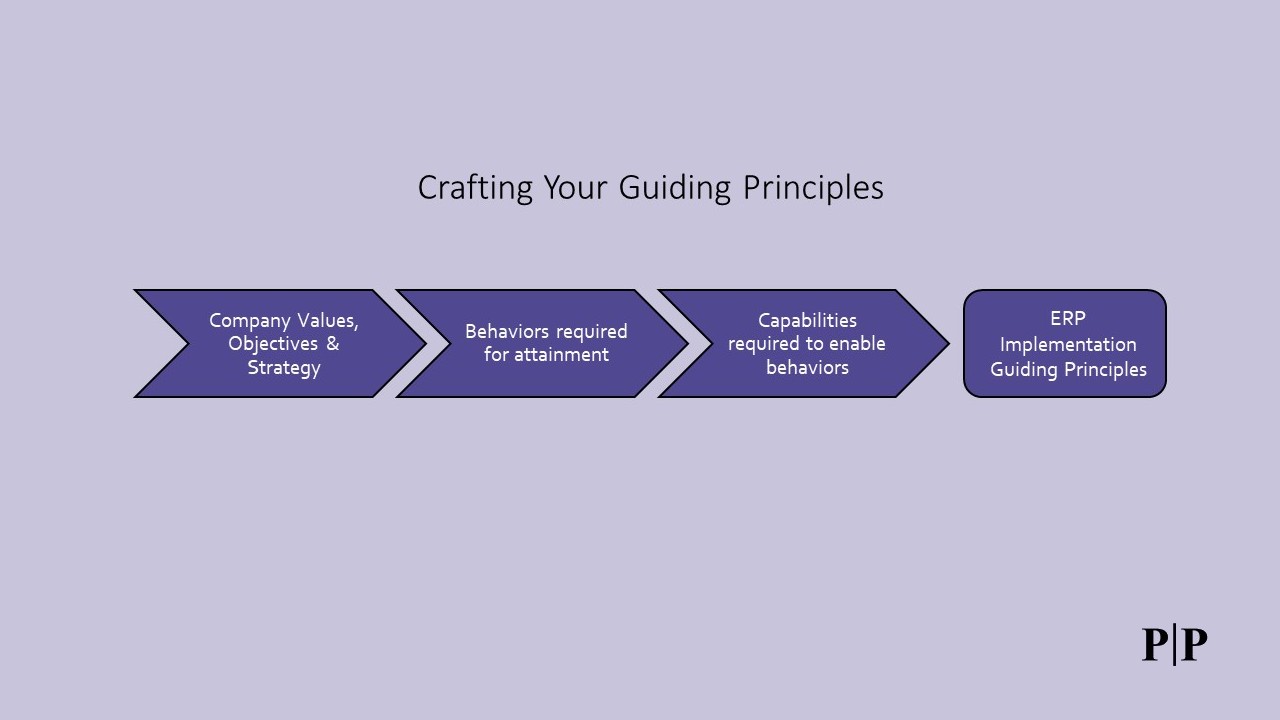
I personally define championing clients as the acts of:
- Taking the time to get to know your client; their goals and motivations
- Cultivating genuine empathy towards your client’s situation to enable a better dialogue
- Using what you learn to authentically act in the best interest of your client
- Shamelessly promoting your client’s accomplishments
Based on this definition, I would posit that championing clients is not just the right thing to do morally but that it’s simply good for business. Whether you are championing your client at the enterprise, project team (department) or individual level, the benefits are innumerable. Let’s break down each step into further detail to illustrate.
Taking the Time to Get to Know Your Client
To be viewed as an adviser to a client and not a simple pair of hired hands, you need to demonstrate that you understand their context and are adapting your recommendations for next steps to their reality. It is not enough to simply deliver well on what you know (whether that be a functional expertise, technology, product, etc). You also need to put in the work to get to know your client if you are to be effective in your mandate:
Enterprise Level
- Understand your client’s business model (ie. products and services, cost structure, main value-chain, etc.)
- A great way to do this is filling the Business Model Canvas as if your client’s company were your own
- Research your client’s industry and market dynamics
- Read industry publications, industry/market reports, corporate websites, etc.
- Read company financial statements to get a detailed picture of the “state of the nation” (if publicly available)
- If you don’t know how to read financial statements, learn how. It’s easier than you think!
- Understand the key strategic imperatives for the company
- This is often listed in financial statements. If not, these are the types of topics you should be covering with your client counterparts when you start a new relationship
- Develop an opinion on the state of the industry, the opportunities and threats facing companies in that market and an opinion on the state of your client’s competitive advantage (use a good old SWAT or PESTLE analysis if you need inspiration).
Project Team (or Department) Level
- Understand your client’s organizational structure and the context for your mandate
- Are you coming in for a small proof of concept opportunity that needs to prove itself to the rest of the organization or do you have solid support from senior management and can consider yourself as being center stage? The answer needs to influence your approach.
- Understand the revenue distribution of business units within the company (and associated power dynamics)
- Which functions/business units are viewed as holding the most power? As most prestigious? As most important?
- Understand your project’s structure and the power dynamics within
Individual Level
- Get to know your client counterparts’ personal goals, ambitions, motivations, interests
- Take time to get to know your clients as people outside of work-related discussions, take time to go to lunch, to get to know their interests, dreams and ambitions.
Cultivating Genuine Empathy Towards your Client’s Situation
Project work in corporations is rarely easy. We expect large groups of people who’ve often never collaborated with each other to come together and positively transform elements of a business. All team members come in with their own baggage, set of assumptions, “personal operating systems” which all collide at project kickoff to eventually give way to either fireworks (+) or explosions (-) as the project moves forward.
If you believe the strength of shoshin (beginner’s mind), that dynamic in and of itself should be enough to start you on the path of cultivating empathy for your client. Practically, this means forcing yourself to simulate or play back events from your client’s perspective before getting frustrated, angry or defeated. You will give yourself the information needed to have a constructive dialogue instead of falling into conflict. For example, at the individual level, a client might completely miss a one-on-one meeting with you without notifying you beforehand. If you turn to empathy for questions/answers (is the person OK? I wonder what happened? Perhaps they could use my help?), you give yourself the tools to find a resolution to your issue instead of falling into a reaction centered on “ego” (How could this person do this to me? I am so insulted…).
Here are some other factors that could influence your client’s behavior – If you never try to validate, you might never know why things happen the way they do.
Enterprise Level
- Economic reality changes during your project
- Natural events (disasters)
- Mergers and Acquisitions (in your client’s company, supply chain or industry)
Project Team (or Department) Level
- Reorganization
- Project team knowledge of the subject matter at hand
- Internal process (rule) changes
- Conflicts between team members
- Team members moving on / personal emergencies
Individual Level
- Life events
- Opportunities
- Personal emergencies / trouble
Loss of trust because of true or perceived events
Authentically Act in the Best Interest of your Client
As you gain information and insight into your client’s situation by cultivating this genuine empathy and leveraging it to connect with your client on their level, you build trust. This furthers your ability to act in your client’s best interest. This is one of the best ways to champion a client as you can speak their language to help them avoid mistakes on-route to their project goals.
If you simply see yourself as someone present to deliver a product or service as it was ordered, no questions asked, then you cannot expect to positively influence the course of the project as roadblocks come up, even if you do have the best idea. You would not have a sufficient level of trust established to be taken seriously when wanting to influence decisions and will be viewed as a commodity. You can only deliver effectively and get to positive results if you’ve built up a sufficient amount of trust.
Shamelessly Promoting our Client’s Accomplishments
Once you’ve been able to generate value for your client by becoming a trusted partner and helping them meet their goals, you should not be the only person who benefits from a job well done. After all, it was your client who gave you access to the opportunity to deliver in the first place. As you’ve discovered by getting to know them, they have goals and ambitions that go beyond your current engagement. How can you help them reach the next step? Here are some ideas:
Enterprise Level
- Collaborate on a conference appearance to showcase their accomplishment
- Keynote, public interview, topic panel, etc.
- Document the accomplishment in print and share with your network
- Blog, industry publication, corporate website, etc.
Project Team (or Department) Level
- Ensure client teams are main actors in key presentations to other colleagues
- It gives them the opportunity to raise their reputation among their colleagues by showcasing their new-found knowledge and abilities
- Help them build the business case and socialize the next initiative which builds on your current mandate’s wins
Individual Level
- Verbally and publicly highlight the accomplishments & good calls made by individuals on the project
- Stay aware of job opportunities within your client’s company to spot roles that are aligned to their goals Share their reputation for excellent delivery liberally to support them
Conclusion
If you work on cultivating the behaviors listed above so they become second nature, you will become a more effective consultant and elevate yourself to the role of trusted partner to your client. This will give you a greater ability to positively influence outcomes for your initiative, your client and ultimately for your own consulting practice. You will be top of mind when a new tough problem which requires your expertise emerges.
At the end of the day, I believe life is about feeling connected to others. Regardless of if you work in consulting or not, championing others is a great practice you should consciously be integrating into your day-to-day. It all starts with empathy.
——————————–
Have you consciously taken steps to champion your clients? What approaches have you taken? Would you add anything to the lists above? Let me know in the comments.
If you liked this post, why not Subscribe
Last Updated on January 7, 2021 by Joël Collin-Demers


